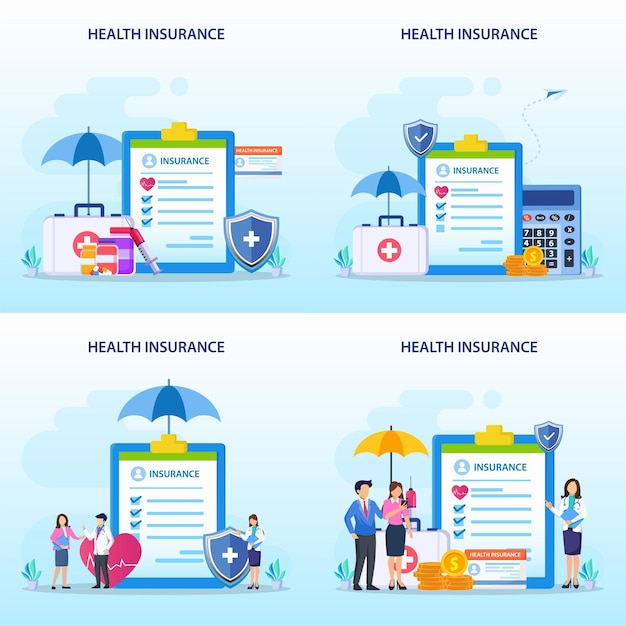
Looking for ways to maximize your budget without making large sacrifices? An often overlooked approach is to reduce your home insurance premiums. Despite the steady increase in insurance rates recently, there are indeed numerous strategies to lower them.
Auto Insurance Considerations
1. Think about removing collision and comprehensive coverage if you have an older car. As your insurer will only pay up to your car’s current resale value, it may not be worth sustaining the coverage for an older vehicle. Research the amount you’re paying for these policies and compare it with your car’s current value. If the cost of coverage exceeds the potential payout from the insurer, it might be time to cancel.
2. Increase your deductible. This refers to the sum you take responsibility for before your insurance coverage applies. Opting for a $1,000 deductible over a mere $500 can reduce your premium by as much as 25 percent. With a $2,500 deductible, the savings could even hit 40 percent. Keep in mind that frequently filing smaller claims may irk your insurer, who may raise your rates or cancel your policy.
3. Obtain multiple quotes before establishing or renewing a policy. With many insurers lowering prices, shopping around online can help you find more affordable car and home insurance. After gathering a few online quotes, reaching out to an independent agent who represents various companies may offer opportunities for even better rates.
4. Utilize all available discounts. Insurance companies often provide discounts for low-mileage drivers (typically less than 12,000 miles a year), senior drivers (usually 55+), graduates of driver-training or defensive-driving courses, students with good grades, and vehicles with safety features. Companies like Geico also offer reductions to active and retired military, and bundling your car and home insurance with the same company can lead to further savings.
5. Maintain good driving habits and a healthy credit score. Be aware that speeding tickets, minor accidents, and unpaid credit card bills can result in higher insurance rates.
6. Inform your insurer if your teenager moves out or departs for college. If your teen no longer regularly drives your car, your rates may decrease.
7. Switch to a safer car. Insurers often charge lower premiums for cars with better crash-test ratings.
8. Don’t skimp on liability coverage. It’s essential to have adequate coverage to protect your assets in case you cause an injury in a car accident. The minimum amount required by the state is often insufficient for safeguarding your home, investments, and earning potential, so ensure your liability coverage is substantial.


